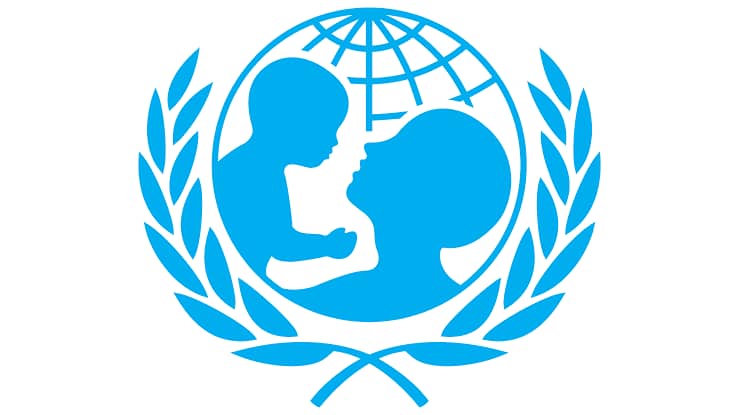MUHAMMAD JAMIL ABUBAKAR
The United Nations Children’s Fund (UNICEF) has called on stakeholders in Gombe State to adopt and scale up faecal sludge management (FSM) as a critical strategy not only for improving public health and environmental sustainability but also for unlocking significant economic opportunities.
The charge was delivered during a one-day advocacy and stakeholder engagement meeting held at the Teachers Resource Centre in Kwami Local Government Area. The session, jointly organised by UNICEF and Gombe State RUWASSA, brought together media professionals, policy-makers, and sanitation experts to explore the impact and benefits of sustainable FSM practices.
WTD: FG Deploys Regulatory Framework On Sanitation Laws To End OD
UNICEF Communication Officer, Opeyemi Olagunju, emphasised that climate-smart FSM, comprising safe containment, emptying, transportation, treatment, and reuse of human waste, is essential in reducing disease outbreaks, safeguarding groundwater, and enhancing climate resilience.
Also speaking at the event, sanitation expert Dr Umar Musa Kwami warned of the ongoing dangers posed by open defecation in Gombe. He highlighted its ties to poor infrastructure, cultural norms, and poverty, noting that the practice threatens children’s health, reduces school attendance, and causes environmental pollution.
Dr Kwami underscored the economic value embedded in FSM. He stated that when properly managed, faecal waste can be transformed into useful products such as biogas, compost, and organic fertiliser resources that can drive green business growth, generate jobs, and reduce unemployment across the state.
KNSG, UNICEF Urges Nigerians To Desist From Open Defecation
According to data presented, Gombe has seen notable improvements through programs led by RUWASSA and supported by UNICEF and SURWASH, including the construction of latrines in over 500 communities and across schools and health centres. However, the state is yet to have any local government area officially declared Open Defecation Free (ODF).
Participants at the session agreed that stronger policy frameworks, private sector involvement, public education, and financial investment are needed to accelerate FSM adoption and meet the 2030 national ODF target.
The campaign ended with a resounding call to see faecal sludge not as waste but as wealth capable of transforming public health systems, protecting the environment, and boosting the local economy in Gombe State.





